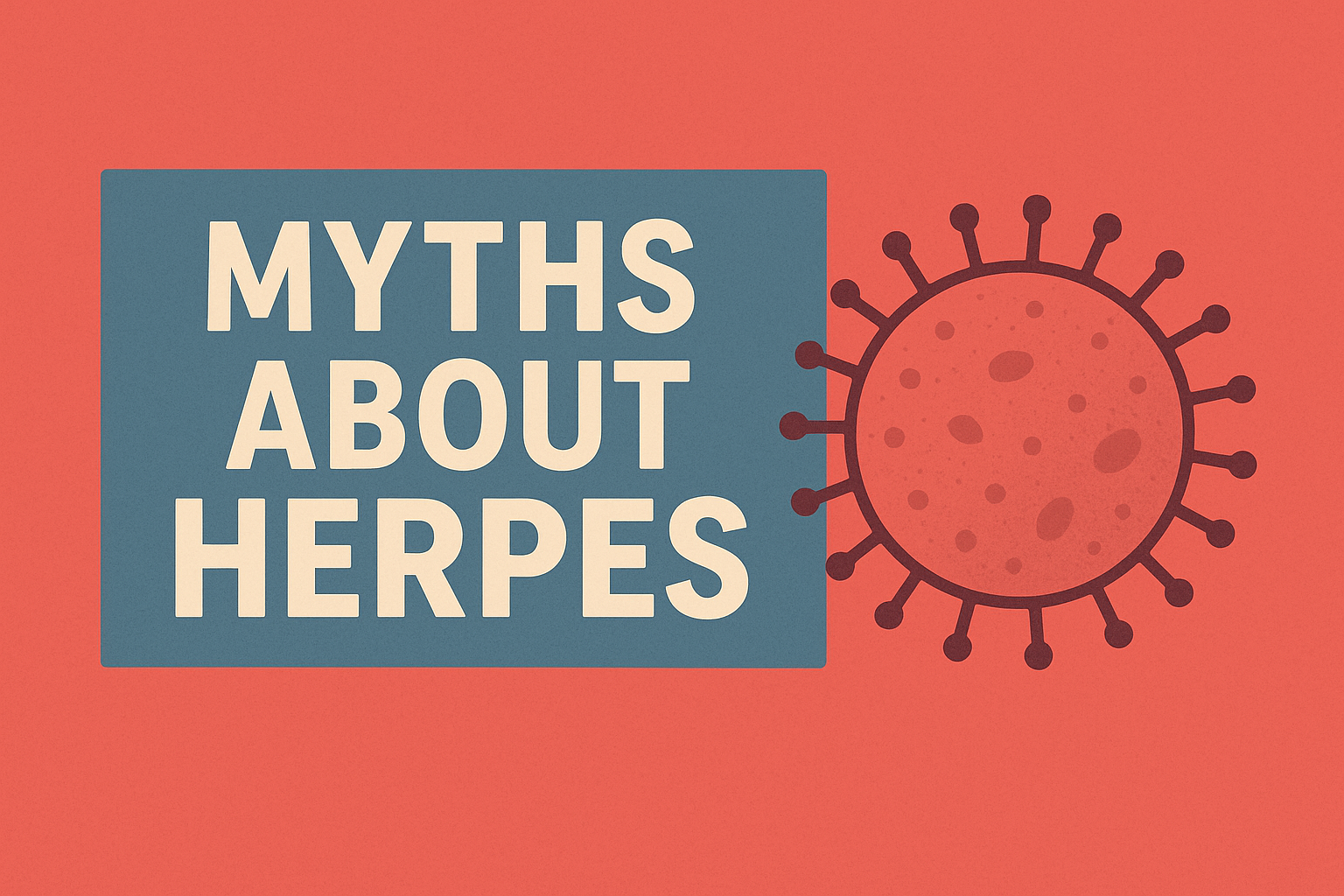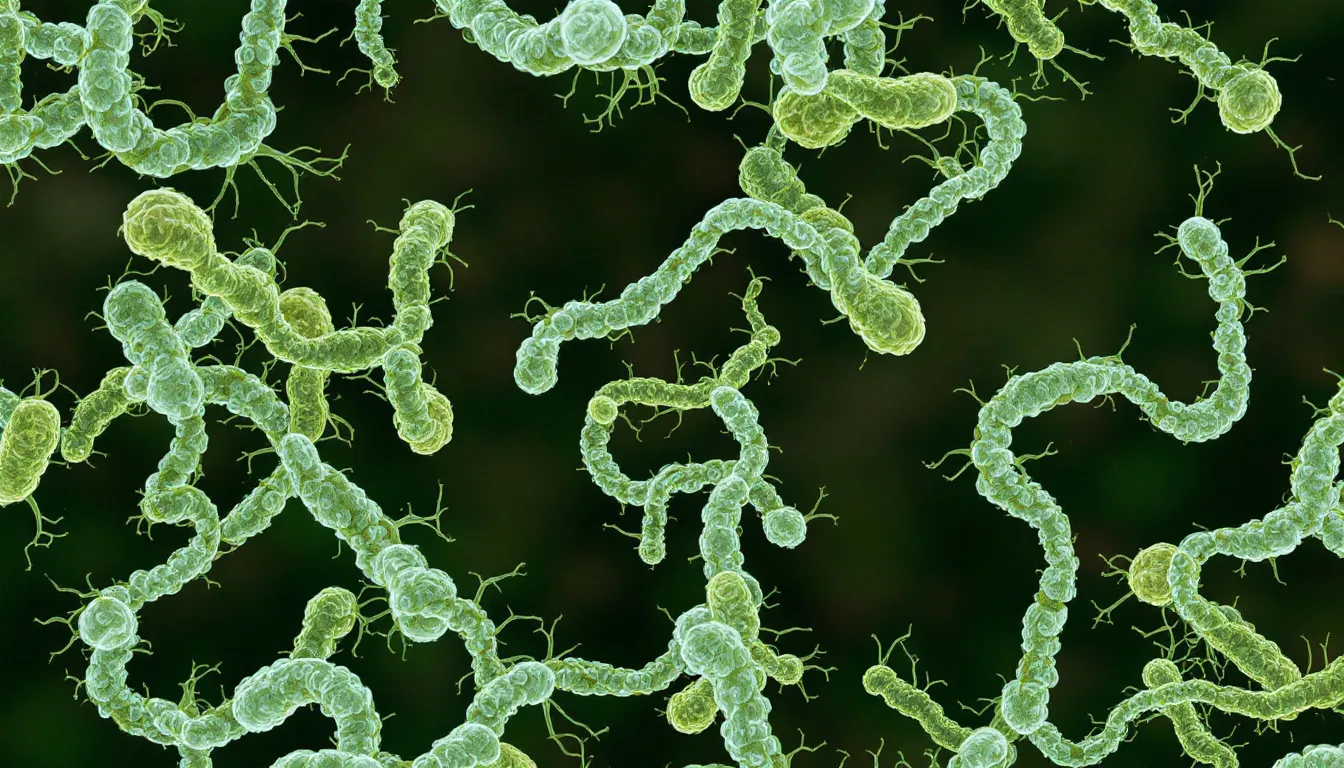A very common misconception about STDs is that if you’ve gotten it once, then you cannot contract it again. Unfortunately, that simply is not true. Some STDs, such as herpes or HIV, are viral. While manageable with long term treatment, the virus will remain in your body for the rest of your life. Other STDs, such as chlamydia, gonorrhea, syphilis or trichomoniasis, are infections that can be cured usually with antibiotics. Once these infections have been cured, you are susceptible to the infection a second time.
The most common STD reported in the United States is chlamydia. Chlamydia can infect both men and women although it does appear more commonly in women. It can cause serious, potentially permanent damage to a woman’s reproductive system, making it difficult or impossible for her to get pregnant. Symptoms of chlamydia can include a pus or discharge, as well as a burning or discomfort with urination. However, the most common symptom of chlamydia is often no symptoms at all.
Once you have been treated for chlamydia, it is possible to become infected again. It is recommended that your partner also be tested and treated for the infection to reduce the risk of a second infection. You should not have sex again until you and your partner have completed treatment. If your doctor prescribes a single dose of medication, you should wait seven days after taking the medicine before having sex. If your doctor prescribes a medicine for you to take for seven days, you should wait until you have taken all of the doses before having sex. It is also recommended to practice safe sex by using latex condoms when engaging in sexual activity.
If you are concerned that you may have been exposed to chlamydia or another STD, you should have STD testing performed. The best way to know the current status of your sexual health is to take a test.
Related Articles

Top 10 Myths about Herpes
Over 3.8 billion people worldwide carry the herpes simplex virus, but most don’t even know it. Despite affecting roughly two-thirds of the global population under age 50, herpes remains one of the most misunderstood sexually transmitted infections (STIs). Dangerous myths and misconceptions continue to spread faster than accurate medical information, creating unnecessary fear, shame, and
July 7, 2025
Read more

Chlamydia in the Mouth: What It Is & How to Treat It
Did you know that chlamydia can affect areas beyond the genital region? Surprisingly, oral chlamydia is a growing concern that many people are unaware of, leading to unaddressed health risks. Chlamydia is a common sexually transmitted infection (STI) that primarily affects the genital tract, but it can also infect the throat through oral transmission. One can
July 3, 2025
Read more

Bacterial STD: Symptoms, Treatments, and Prevention
Sexually transmitted diseases (STDs) are a common health concern that affects millions of people worldwide. Among these, bacterial sexually transmitted diseases pose significant risks if left untreated. This article provides you with essential information about bacterial STDs, including their symptoms, available treatments, and effective prevention methods. These infections are caused by bacteria that spread through
June 30, 2025
Read more
Confidential, Private and Affordable STD Testing?
Order a full 10 test STD screening panel now for just $139. Individual STD tests starting at just $24.



